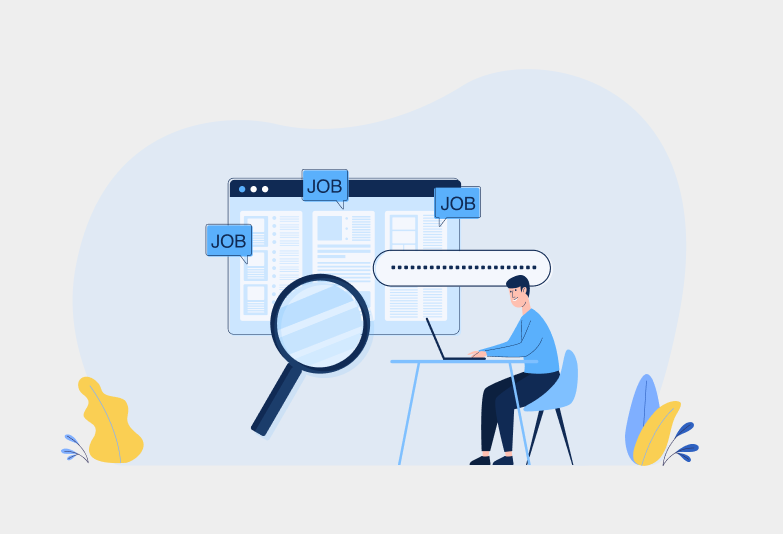During a merger and acquisition, both the selling and buying sides take several factors into consideration – right from the target company’s finances to its operational efficiencies and its technology. However, many times, deal makers overlook the most important aspect of the organization – its people. For a successful M&A, it is important to understand the importance of HR due diligence. Let’s take a closer look at HR due diligence and why companies cannot ignore the importance of HR due diligence.
What is HR Due Diligence?
HR due diligence is the process by which the acquirer puts the target company’s human capital, culture, procedures, and policies under the microscope. The acquiring company analyzes and investigates the selling company’s culture and the roles, capabilities, and attitudes of its people.
Why is HR Due Diligence Important?
There’s probably no direct way to calculate the value of the human capital of the company. Therefore, the human resource remains one of the most underrated assets of any company. However, the fact is people run the company, and they are essentially the factor that determines whether the company is good or bad. This makes people undisputably an invaluable resource. Let’s understand the importance of HR due diligence with the help of a case study:
In 1998, Bank One acquired First Chicago NBD. Once the deal was done, the Columbus (acquiring company) became the 8th largest bank in the US, dominating the midwest region. Over the next 3 years, 16 executives who were chosen to run the company left, and this deal was recorded as one of the biggest bloopers in 1999. The reason for this disaster was underestimating or ignoring the significance of people issues in an M&A. However, this mistake was rectified, and soon Bank One regained its momentum.
The aim of performing HR due diligence is to avoid common pitfalls during an M&A, such as:
- Talent loss
- Loss in productivity
- Internal conflict due to change in management
- Misalignment of culture, processes, and communication
Candidate management during an M&A shouldn’t be difficult if you have the right tools. Jobsoid is an intelligent tool that can help perform HR due diligence at its best.
How Long Does HR Due Diligence Take?
HR due diligence takes about 1-2 months. This much time is good enough for the buyer to thoroughly evaluate the business and the human capital. However, if the seller is unprepared to go through the deal, it can be an extremely lengthy process. Staying prepared is the key to a successful M&A.
HR Due Diligence Checklist
Limited knowledge, time shortage, and not knowing where to begin can cause a lot of confusion, resulting in a failed M&A. To ensure your M&A doesn’t fail because of HR due diligence, we’ve prepared a checklist that highlights all you need to know to prepare or perform an upcoming HR due diligence.
Assess the Organization Structure and Employee Pool
Restructuring is inevitable once the deal is completed. Hence it is important to understand the organizational structure and demographics of human capital. This includes:
- Administrative reporting relationships
- Department Responsibilities
- Functional reporting relationships
- Position Responsibilities
- Physical office arrangement
Evaluate Contracts and Terms of Employment
The acquiring company must consider important agreements and contracts the selling company has made with employees before making the buying decision. These contracts may include notice periods and probationary requirements. Evaluating employment terms will help understand the details of employment, which is important if the selling company has a strong labor union.
Review Compensation and Benefit
Employee compensation is a high cost to the acquiring company once the transaction is completed. Some of the compensation and benefits that need due diligence include:
- Basic Compensation
- Leave and vacation policies
- Bonus plans
- Employee stock options
- Pension plans and insurance
Acknowledge Cultural Differences, and Revisit Policies and Training
The merging of two organizations can cause a cultural conflict. One company might have its focus on customer service while the other one might be keener on product innovation. These differences are likely to impact the decision-making process. If these differences are not handled well, there are chances of conflict among the employees of the two companies. It might be essential to combine, amend or create new policies to avoid conflict. The same goes for training programs, such as orientation programs and professional development training. Preserve some of the existing training or integrate new training to avoid acquisition-related employee anxiety.
Communicate With HR Teams and Top Executives
Understand from the existing HR team the challenges, practices, and successes of the selling company. This will help maintain consistency throughout the audit and the acquisition process. Share your feedback, audit findings, and suggestions with the top leadership throughout the acquisition.
HR due diligence is probably the broadest aspect in the scope of all areas of due diligence. Human resource is a huge asset that can break or make a transaction, regardless of where they are in the company’s organizational chart.
Understanding this dynamic, ATS like Jobsoid has designed its software with features like candidate management, analytics, and many more to help perform the best possible HR due diligence.



